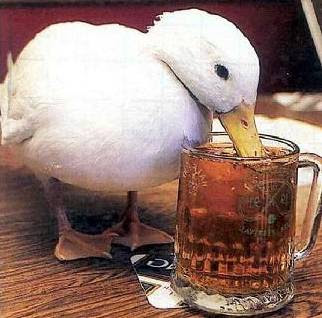DuckIII wrote:The alternative you provided was doing nothing and just letting it play out to avoid economic consequences. Which you provided while illustrating a fundamental misunderstanding of suppressing the curve and why we do it. And then you said that the economic decisions being made should consider “life years” rather than lives (which means attributing a quality of life value to an economic analysis).
So if I misunderstood and you aren’t actually advocating that we do those things, good. Because if you were advocating those things, not good.
I've said it's possible that doing nothing is a viable alternative, because the impact of our actions are worse whereas I don't think others see that as even a possibility.
I don't know that it's a likely possibility, because as I've said, it's also possible that nearly 100% of the economic impact was going to happen no matter what you did, because people were going to start self distancing anyway and act responsibly regardless, and the same loss would have occurred (or nearly the same loss).
My understanding of flattening the curve is that you aren't necessarily making way less people sick, but you're slowing the rate down so you don't overwhelm your medical system which will ultimately save lives.
You have brought up something in a light which I appreciate and didn't really consider well prior to you mentioning it which is that we can flatten the curve by delaying the start and then being more prepared. Ie, social distancing isn't flattening the curve by stopping the spread, but by allowing us to prepare and take better steps to keep the curve flat while doing normal things after social distancing ends.
And yes, I do think you should attribute an economic value to life years when figuring things out, but even if you switch to using lives, it's still a game of measure and compare opportunity costs. Say you spent 2 trillion dollars to save 2 million lives, if you could use that 2 trillion in another way then could you save more? We could save 500k a year forever by making smoking illegal which would have an impact of 785 billion as an example (think smoking while ending lives really cuts about 6years per life it ends on average, so you'd take that into account too).
Maybe we'd be better off putting 2 trillion dollars into government funded research to make new drugs that won't have patents on them and will be cheap for everyone. Maybe we should spend 2 trillion dollars to start a socialized health care (not sure really how far 2 trillion goes in that direction).
It is ultimately about resource allocation and doing the most good you can with the resources you have.





















